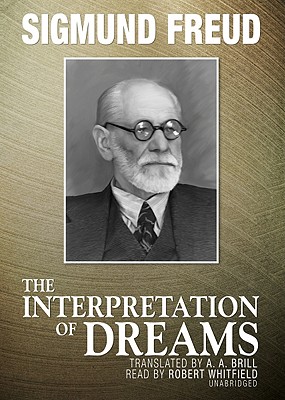- Joined
- Apr 6, 2007
- Messages
- 10,827
- Reaction score
- 5,609
I am increasingly seeing people whose primary MH complaint, and many times the only MH symptom, is nightmares. "Nightmares" is used broadly here, because half the time it’s more a label for "vivid dreams about deployment" rather than a recurring reenactment of a specific trauma event.
I have no idea how to treat this when it is pretty much the only residual symptom? I have had little success, anecdotally, with nightmare rescripting. But as I said before, half the time these are just intense dreams that vaguely involve deployment experiences, not necessarily traumas or combat engagement. Should I just have PCC chuck some prazosin at them and have them be on their way? I feel like I am obligated to trying something here?
I have no idea how to treat this when it is pretty much the only residual symptom? I have had little success, anecdotally, with nightmare rescripting. But as I said before, half the time these are just intense dreams that vaguely involve deployment experiences, not necessarily traumas or combat engagement. Should I just have PCC chuck some prazosin at them and have them be on their way? I feel like I am obligated to trying something here?
Last edited:

